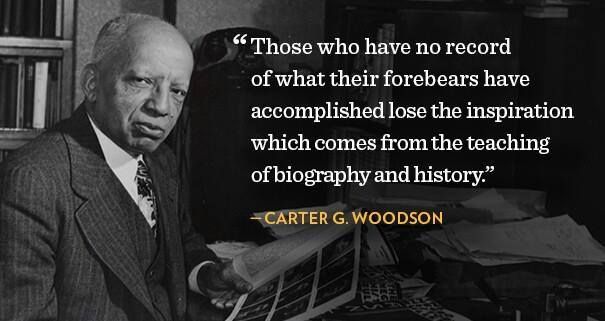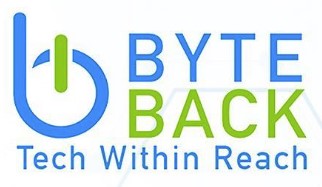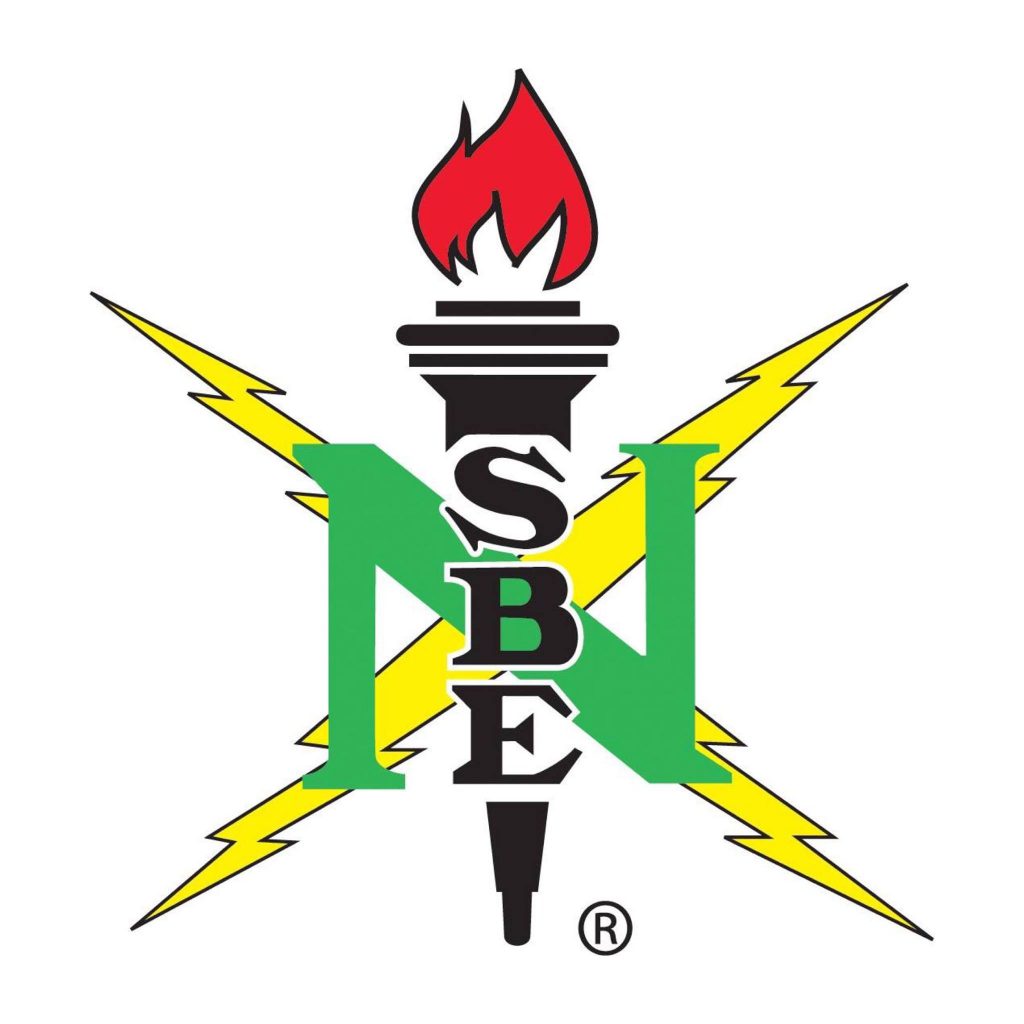February is Black History Month in the United States and other countries around the world. This annual observance is dedicated to honoring and acknowledging the valuable contributions of Black people. There is so much to learn about Black history and culture and how it has shaped our world, and there are several ways you can support Black businesses and organizations in celebration of Black History Month. Keep reading to learn more about Black History Month and how you can get involved!
About Black History Month

Black History Month began when Harvard-trained historian Carter G. Woodson wanted to find a way to raise awareness of African Americans’ contributions throughout history. In September of 1915, he and minister Jesse E. Moorland founded the Association for the Study of Negro Life and History (ASNLH) before establishing the second week of February as Negro History Week in 1925. The timing of Negro History Week was chosen specifically because it coincided with the birthdays of both Abraham Lincoln and Frederick Douglass.
The week-long celebration only grew in popularity over time, and eventually, President Gerald R. Ford expanded the holiday to become Black History Month in 1976, calling on Americans to “seize the opportunity to honor the too-often neglected accomplishments of Black Americans in every area of endeavor throughout our history.” Since that year, every American president has designated February as Black History Month.
Black History Month in 2024
Every year, the Association for the Study of African American Life and History designates a theme for Black History Month. Woodson believed it was important to establish a theme to help focus the public’s attention. This year, the theme is “African Americans and the Arts.” The ASALH designed this theme to explore the importance of Black Americans in furthering the arts, explaining, “Artistic and cultural movements such as the New Negro, Black Arts, Black Renaissance, hip-hop, and Afrofuturism, have been led by people of African descent and set the standard for popular trends around the world. In 2024, we examine the varied history and life of African American arts and artisans.”
Another event to keep in mind this February is National Freedom Day, a day set aside to commemorate the abolition of slavery by President Abraham Lincoln. On February 1st, 1863, Lincoln signed the resolution that would eventually become the 13th Amendment, outlawing slavery in the United States.
How to celebrate Black History Month

Support Black-owned businesses
One of the many ways you can celebrate Black History Month is to support Black business owners in your community. Black-owned businesses often face unique challenges and they’ve also been disproportionately impacted by COVID-19. According to a survey by the University of California at Santa Cruz, the number of working African American business owners fell more than 40% during the pandemic—a much steeper drop than other racial groups.
Becoming a customer can help these businesses stay open and serve their communities’ needs, whatever they may be. If you’re not sure how to find Black-owned businesses to support, there are plenty of online directories you can search through, like Official Black Wall Street and Support Black Owned. Some online e-commerce stores like Etsy spotlight Black-owned businesses or have a special tag you can search through to find Black-owned businesses to shop at.
Learn about Black history
The origins of Black History Month are rooted in education, making learning an integral part of any Black History Month celebration! Take the time to educate yourself about the contributions of Black communities to the history of your nation. You can do this by visiting a Black history museum or African American heritage site, by reading and sharing books written by Black authors, and by exploring Black music history. You can also check out projects like “The 1619 Project” and look up educational events led by expert guest speakers and historians near you.
Donate to charities
If you want to celebrate and provide support to Black communities during Black History Month but you’re not sure how, donating to charities and organizations is a great way to make a difference. There are many groups working to make positive changes in the world, whether it’s for anti-racism equality work or supporting Black youth. These nonprofits rely on funds from generous donors to keep their work going and to provide support to the Black community. Check out a list of nonprofits you can support below to jump-start your giving.
Nonprofits to support

Byte Back
Byte Back is an organization dedicated to opening a path for historically underrepresented communities into the digital economy. The organization champions digital equity, diversity in tech, and living-wage careers. Their programs are aimed at increasing digital literacy and helping people gain valuable tech skills to funnel into successful careers. They help hundreds of students every year, and 96% of their classes consist of students who are people of color and 67% of their students identify as women. Donate to support their mission here.

National Society of Black Engineers
The National Society of Black Engineers is a student-governed nonprofit organization with chapters at universities worldwide. They boast a membership of 30,000 students and professionals, and they work to empower collegiate and pre-collegiate students to pursue careers in engineering. Their mission is “to increase the number of culturally responsible Black Engineers who excel academically, succeed professionally, and positively impact the community.” Donate to support their programs here.
The organization also has local organizations like the NSBE Denver Professionals Chapter for those who have completed their undergraduate or graduate educations and want to continue their growth as engineering professionals with NSBE. Donate to support the NSBE’s programs here.

Avery Institute
The Avery Institute of Afro-American History and Culture and the Avery Research Center are dedicated to teaching about and preserving Afro-American history and culture through their museum, archives, and research. The center is home to over 200 manuscript collections, over 6,000 printed texts, rare books, and pamphlets, over 4,000 photographs, and hundreds of reels of microfilm, audio/visual materials, clippings, and more. Historians and other individuals come from far and wide to use their resources as primary source material. Support their mission by donating or becoming a member here.
Final thoughts
The purpose of Black History Month is to take the time to learn about and appreciate the important contributions of Black people throughout history. It’s also a time to look inward and examine how you can help champion the Black community and promote equality. There’s a lot you can do to celebrate Black History Month, so find ways to observe this important time in your own life and share what you learn with others!
If there’s an organization you’d like to see added to our list of nonprofits to support, email us at marketing@qgiv.com.


